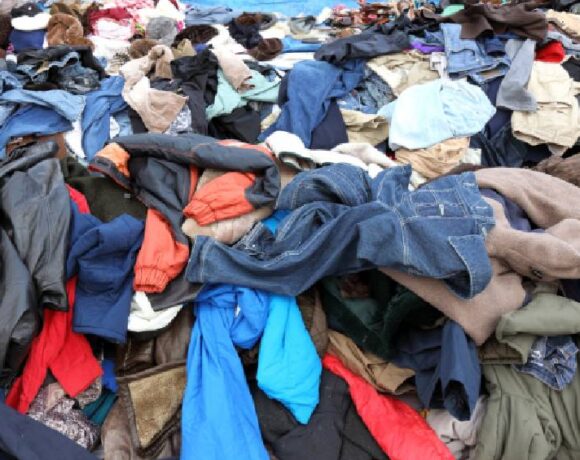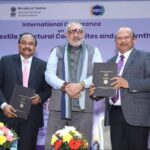EEA Urges PFAS Reduction In Textiles For Circular Economy

According to a new briefing by the European Environment Agency (EEA), reducing the use of PFAS—also known as “forever chemicals”—in textiles is crucial for enhancing recyclability and advancing a circular economy.
Textiles are a major source of PFAS pollution in Europe. These chemicals, widely used in clothing, carpets, and household items for waterproofing and durability, are highly persistent and can accumulate in humans, animals, and the environment, posing significant health and environmental risks.
The EEA briefing highlights ongoing EU efforts to restrict PFAS use, which could positively impact the reuse and recycling of textiles. While alternatives to PFAS are available for most textile categories, some products, like protective gear for firefighters, still lack viable substitutes.
PFAS in textiles hinders efforts to extend the life, reuse, and recycling of textiles, leading to more textile waste ending up in landfills or incineration. The briefing stresses the need for sustainable alternatives and better identification of PFAS at the end of a product’s life cycle.
Currently, most textile waste in the EU is incinerated, but it is uncertain whether this process fully eliminates PFAS. The report calls for improved capacity to destroy PFAS and to avoid unregulated waste management practices, including landfilling and open burning, both in Europe and abroad.















